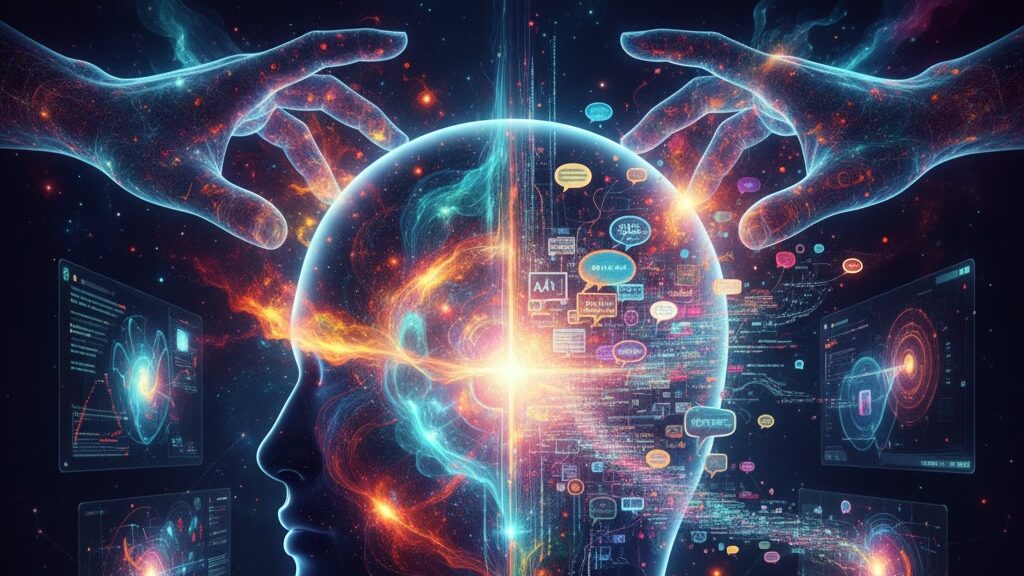
Source
The Conversation
Summary
Antonio Cerella examines how generative AI may reshape the cognitive and linguistic habits that underpin human thought. Drawing on psychology, neuroscience, and linguistics, he argues that over-reliance on AI tools risks weakening creativity, critical thinking, and language mastery. Just as GPS technology has diminished spatial memory, constant AI-assisted writing and problem-solving could erode our ability to form and express original ideas. Cerella warns that when language becomes pre-packaged through AI systems, the connection between speech and thought deteriorates, fostering a “culture of immediacy” driven by emotion rather than understanding. Yet for those with mature linguistic awareness, AI can still serve as a creative partner—if used reflectively and not as a substitute for thought.
Key Points
- Overuse of AI may dull critical thinking and creative language use.
- Psychological research shows that technological reliance can reconfigure the brain.
- AI-generated language risks weakening the link between thought and expression.
- The loss of linguistic agency could erode democratic discourse and imagination.
- Conscious, reflective engagement with language can preserve creativity and autonomy.
Keywords
URL
https://theconversation.com/how-generative-ai-could-change-how-we-think-and-speak-267118
Summary generated by ChatGPT 5

